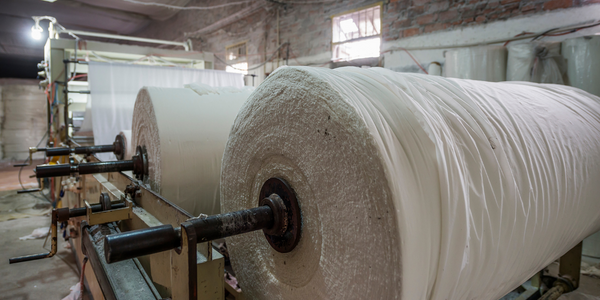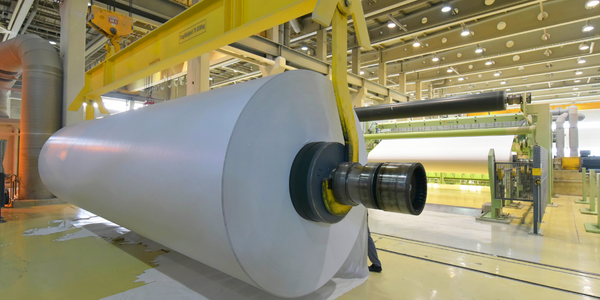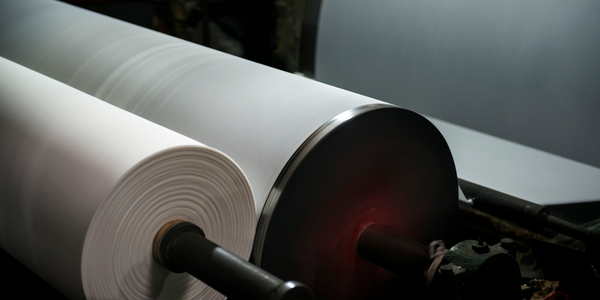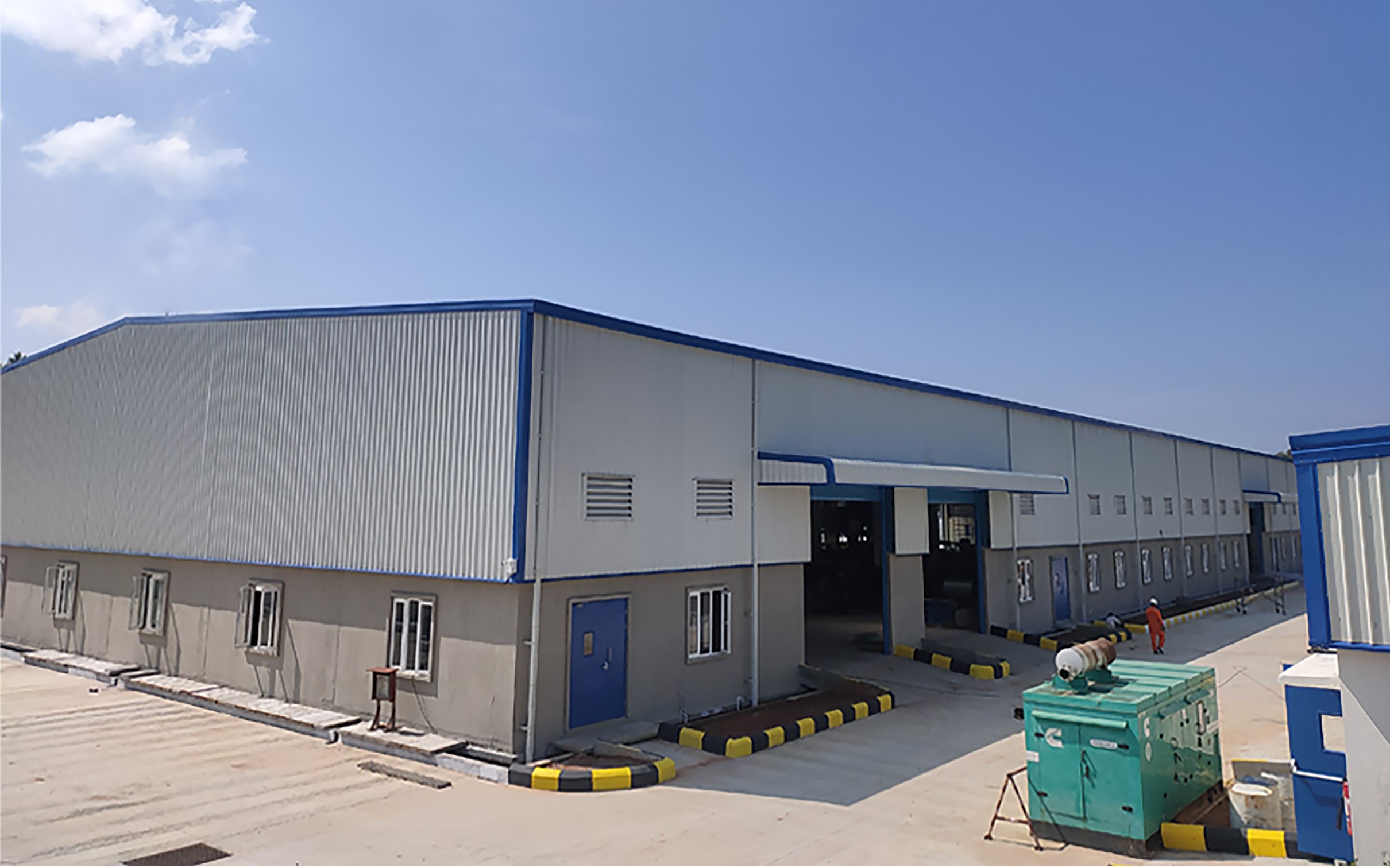SYSPRO Case Study TELEMARK
Customer Company Size
SME
Region
- America
Country
- United States
Product
- SYSPRO ERP
- SYSPRO Product Configurator
- SYSPRO STARS Implementation Methodology
Tech Stack
- Microsoft Windows NT
- HP Pentium 3
Implementation Scale
- Enterprise-wide Deployment
Impact Metrics
- Productivity Improvements
- Customer Satisfaction
- Cost Savings
Technology Category
- Functional Applications - Enterprise Resource Planning Systems (ERP)
- Functional Applications - Product Data Management Systems
Applicable Industries
- Paper & Pulp
Applicable Functions
- Business Operation
- Quality Assurance
Use Cases
- Inventory Management
- Process Control & Optimization
Services
- System Integration
- Software Design & Engineering Services
About The Customer
Telemark Corporation, the nation’s leading provider of custom printed ATM receipts, POS rolls, parking tickets, note/scratch pads, and direct mailers, is a privately held corporation located in Sturgis, Michigan, with annual revenues of approximately $9 million. Telemark offers 30 different product lines, with the majority of the firm’s business being the printing of automatic teller receipts. The next biggest market for the company is the printing of parking tickets. Each order is a custom order because every individual form must be imprinted with the logo of a bank, municipality, or institution. The company fills approximately 900–1,000 orders per month, and the average order size is less than $1,000. With the abundance of small orders, the burden of accurately tracking each order is vital. Because Telemark sells through a network of resellers, the company also has to be able to respond to numerous order status inquiries.
The Challenge
The company had been using a broad-based ERP system, but decided to go with an industry-specific software package that addressed full quoting, accounting, material planning and shop floor data collection. Unfortunately, the system never delivered as promised. It became necessary to verify the accuracy of quotes, and there were long delays before a “good” receivables report could be obtained and month-end closes could be executed. “Our accounting staff ballooned to nine persons, and it still took two and one-half to three months to do a month-end close. Plus, all of my employees were demoralized, overworked and completely ‘gun-shy’ of anything having to do with computers,” said Tom Thomasma. Telemark subsequently took the software vendor to court and won, but the settlement included full surrender of the software after three months. In desperation, Thomasma contacted Automation Plus, a local software reseller and openly pleaded, “Find me a new system.” During the initial discussion, John Wiedlea, Automation Plus President, asked Thomasma to outline his “vision” of how the new computer solution should interact with the various segments of his business. Wiedlea also questioned Thomasma on his expectations regarding costs, productivity and length of implementation. Wiedlea also insisted that the two draft a written plan, replete with milestones and which would also contain a look into the future to assess the ability of the system to handle anticipated growth.
The Solution
Automation Plus recommended a solution consisting of SYSPRO ERP software running on top of Microsoft Windows NT on an HP Pentium 3 computer. The fact that SYSPRO software offered a choice of integrated, scalable accounting, manufacturing, and distribution modules was a big plus. In addition, SYSPRO also offered a comprehensive implementation strategy, one that would enable Telemark to streamline various business processes during the implementation cycle. According to Automation Plus Vice President, Anne Wiedlea, “We determined that Telemark needed a system that would allow the company to take and hold a large number of order specifications vital to order accuracy. We worked closely with the Telemark team to make sure the SYSPRO Product Configurator would hold all specifications needed. Once this was confirmed, we knew SYSPRO was the system to address Telemark’s specific needs, allow growth and, most importantly, address Tom’s vision of what he wanted his company to be able to do for his customers, both now and in the future.” The first phase of the SYSPRO implementation addressed accounting. With the use of the SYSPRO STARS Implementation Methodology, Automation Plus was able to get the Telemark team converted from the old industry-specific package to a solid foundation of SYSPRO within the three months period granted to Telemark by the courts. “After the initial implementation, we addressed a second phase, which included the SYSPRO Product Configurator and Work in Process tracking,” says Wiedlea.
Operational Impact
Quantitative Benefit

Case Study missing?
Start adding your own!
Register with your work email and create a new case study profile for your business.
Related Case Studies.

Case Study
Wireless Improves Efficiency in Compressed Air Systems
Hollingsworth and Vose wanted to improve the efficiency of their compressed air system, lower the electricity expense component of manufacturing cost in their commodity industry, and conserve energy leading to lowered greenhouse gas emissions. Compressed air systems degrade over time and become leaky and inefficient. Hollingsworth and Vose wanted to increase the frequency of system inspections without paying the high cost of manual labor.

Case Study
Process Predictive Analysis in Pulp and Paper Mill
Common paper breaks consequently lead up to 60 minutes of downtime, delaying a potential $10K per hour of production value process. Thus, defective products cause financial and damage company's reputation. Improving quality and reducing defect rates can generate millions of dollars of revenue per year for your company.

Case Study
Industrial Video Monitoring for Security and Regulatory Compliance
Because of the Stevenson mill’s proximity to the Tennessee River, WestRock was required by the USCG to comply with the Maritime Security 33CFR (MARSEC) regulations. WestRock needed a video security system but wanted to add other applications not required by the government, such as video process monitoring, condition monitoring, and wireless network management. WestRock needed a reliable video solution to avoid the compliance fines and possible security risks – but the solution needed to be implemented in the most cost-effective manner possible.

Case Study
ECOsine Active Increased Reliability in the Paper Industry
The paper and pulp industry is interlinking intelligent hi-tech machines to highly efficient production lines. Higher power DC and AC motor drives perform the automation tasks. Every kind of interference that negatively affects the reliability and safety of the installation may lead to production downtime and consequently to significant financial losses. AC and DC motor drives are so-called non-linear loads as they draw a nonsinusoidal current from the grid. Resulting harmonics of current and voltage can interfere with the operation of nearby consumers and overload the electrical infrastructure. In this particular application, the load cycles of the drives often caused interruptions in the production process because of disturbances coupling into the fieldbus system.




